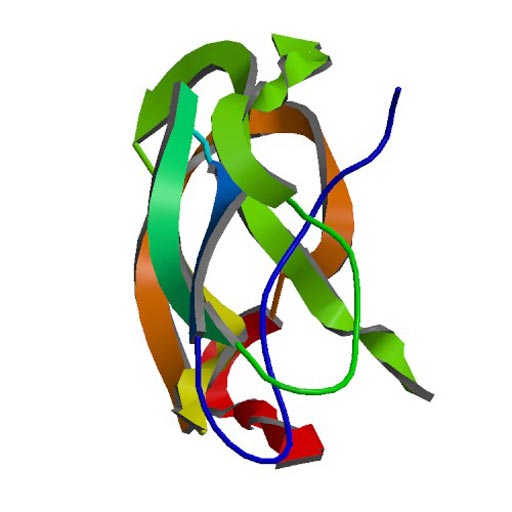Study Identifies Gene Variants Linked to AD in African Americans
By LabMedica International staff writers
Posted on 08 Mar 2017
In what may have been the first comprehensive screening of rare coding variants in an African American population, researchers identified several rare gene variants linked to the development of early onset Alzheimer's disease (AD).Posted on 08 Mar 2017
Investigators at the Mayo Clinic searched for mutations in three genes, APP, PSEN1, and PSEN2, known to contribute to early-onset Alzheimer’s disease. Presenilin-1 and -2 (PS-1, PS-2) are presenilin proteins that in humans are encoded by the PSEN1 and PSEN2 genes. Presenilin-1 and -2 are two of the four core proteins in the gamma secretase complex, which is considered to play an important role in generation of amyloid beta (A-beta) from amyloid precursor protein (APP). Accumulation of amyloid beta is associated with the onset of Alzheimer's disease. APP (Amyloid precursor protein) is an integral membrane protein expressed in many tissues and concentrated in the synapses of neurons. Its primary function is not known, though it has been implicated as a regulator of synapse formation, neural plasticity, and iron export. APP is best known as the precursor molecule whose proteolysis generates beta amyloid (A-beta), a polypeptide containing 37 to 49 amino acid residues, whose amyloid fibrillar form is the primary component of amyloid plaques found in the brains of Alzheimer's disease patients.

Image: A structural model of amyloid precursor protein (APP) (Photo courtesy of Wikimedia Commons).
The investigators conducted a comprehensive screening of rare coding variants in an African American cohort to identify novel pathogenic mutations within the early-onset Alzheimer’s disease (EOAD) genes (APP, PSEN1, and PSEN2) in this understudied population. Whole-exome sequencing of 238 African American subjects identified six rare missense variants within the EOAD genes, which were observed in AD cases but never among controls.
These variants were analyzed in an independent cohort of 300 African American subjects, in whom the PSEN1/PSEN2 variants were again not observed, indicating that these novel rare variants may contribute to AD risk in this population.
“Currently, at least five million Americans are affected by Alzheimer’s disease, and the rate of this devastating dementia is expected to rise dramatically in the coming decades,” said contributing author Dr. Minerva Carrasquillo, a neuorgeneticist at the Mayo Clinic. “By uncovering genetic factors that modify the risk of Alzheimer's disease, there is the potential to identify druggable gene targets and genetic variants that could be used for early disease detection and prevention.”
“PSEN1 variants had been found before in African-Americans with the disease, but this discovery of a likely pathogenic PSEN2 gene variant is new in this population,” said Dr. Carrasquillo. “And as far as we know, it has not been found in other populations with late onset Alzheimer’s disease. This study opens the door to further analysis of this gene variant ─ both in African-Americans with Alzheimer’s and in other populations.”
The study was published in the February 2017 issue of the Journal of Alzheimer’s Disease.














